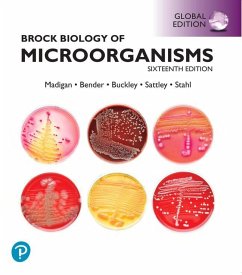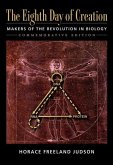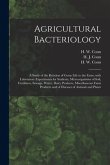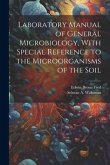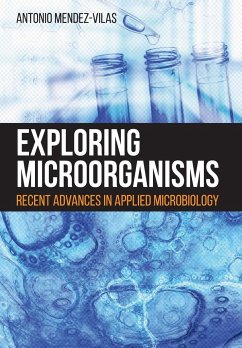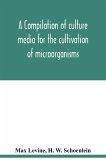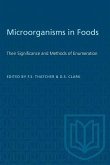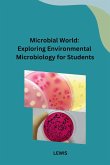Thistitle is a Pearson Global Edition. The Editorial team at Pearson has workedclosely with educators around the world to include content which is especiallyrelevant to students outside the United States. For courses in general microbiology. This package includes Mastering Authoritative. Accurate. Accessible. Brock Biology of Microorganisms setsthe standard for accuracy, impeccable scholarship, a visually stunning artprogram, and the use of cutting-edge research to illustrate basic concepts. Thetext guides students through the six major themes of microbiologyGÇöEvolution,Cell Structure and Function, Metabolic Pathways, Information Flow and Genetics,Microbial Systems, and the Impact of MicroorganismsGÇöas outlined by the AmericanSociety for Microbiology Conference on Undergraduate Education (ASMCUE). Thisrobust and modern approach takes students through the genomics revolution andGÇ£omicsGÇ¥ maze that has transformed microbiology and shares powerful tools thatmicrobiologists use to probe deeper and farther into the microbial world thanever before. The 16th Edition expands the extraordinary artprogram to ensure students experience microbiology as a visual science whileproviding an overview of the microbial world with basic principles thatstudents all need to master. Each chapterGÇÖs theme focuses on a recent discoverythat connects students with the most current science and engages them withexciting, real-world topics. Reach every student with PearsonMastering Microbiology Mastering-« empowers you to reach every student. This flexibledigital platform combines unrivaled content, online assessments, andcustomizable features so you can personalize learning and improve results, onestudent at a time. Pearson Mastering Microbiology should only be purchased when required by aninstructor. Please be sure you have the correct ISBN and Course ID.Instructors, contact your Pearson representative for more information.
Hinweis: Dieser Artikel kann nur an eine deutsche Lieferadresse ausgeliefert werden.
Hinweis: Dieser Artikel kann nur an eine deutsche Lieferadresse ausgeliefert werden.

